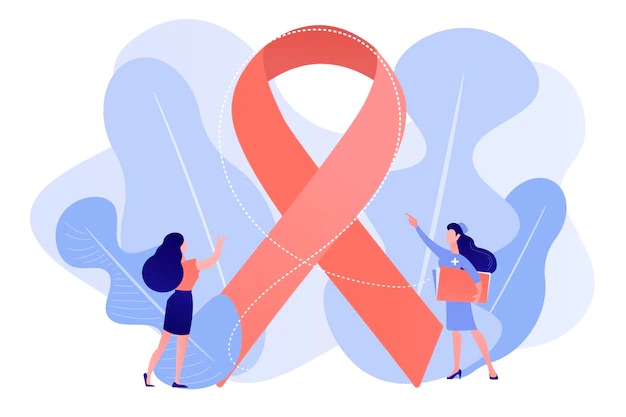Oncology

Oncology is a medical specialty that studies, diagnoses, and treats cancer. An oncologist is a doctor who specialises in cancer treatment.
Oncologists must first detect cancer using biopsy, endoscopy, X-ray, CT scanning, MRI, PET scanning, ultrasound, or other radiological procedures. Nuclear medicine, as well as blood tests and tumour markers, can be used to diagnose cancer. Hematology, the branch of medicine that deals with blood and blood-related illnesses, is frequently associated with oncology.
Cancer Treatment
Once a diagnosis has been made, the oncologist will discuss the patient’s disease stage with them. The cancer’s stage will determine how it is treated. Chemotherapy and radiation therapy, both of which are defined as the elimination of cancer cells, may be employed. Tumors are removed through surgery. Certain forms of malignancies are treated with hormone therapy, and monoclonal antibody treatments are becoming more prevalent. Cancer vaccines and immunotherapies are still being researched. Oncology palliative care addresses pain and other cancer symptoms.
The Care Team
Cancer is frequently treated in a collaborative effort including at least two or three types of oncologists, such as medical, surgical, or radiation oncologists. A pathologist, a diagnostic radiologist, or an oncology nurse may be part of the oncology treatment team. The oncology care team may consult a tumour board, which is made up of several medical experts from all relevant fields, in the event of a new or difficult-to-treat case of cancer. The tumour board examines the case and makes a recommendation for the patient’s cancer treatment.
